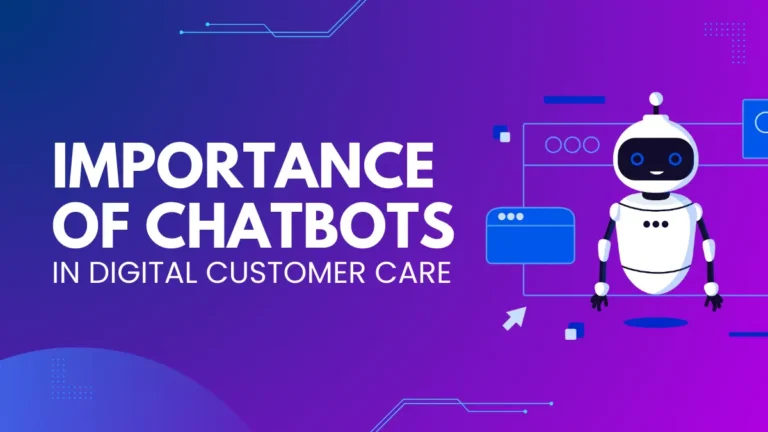AI Voice Cloning: Trends Shaping the Next Generation Tech

In the quickly changing world of technology, creative leadership is essential to bringing about change. Companies, particularly those in multi-level marketing (MLM) and networking, are increasingly embracing cutting-edge technologies to stay competitive. Among these, AI voice technology stands out as a significant game-changer. From enhancing customer service to creating personalized marketing experiences, the applications of AI voice technology are diverse and far-reaching. One of the most intriguing developments in this domain is voice cloning AI, a technology that is shaping the future of communication and digital interaction.
The Evolution of AI Voice Cloning
Voice cloning AI refers to the ability to create a digital copy of a person’s voice, which can be used to produce speech that sounds indistinguishable from the original. This technology has made significant strides over the past few years, evolving from rudimentary systems that require extensive amounts of voice data to sophisticated models that can generate realistic speech with minimal input. The implications of this are profound, not only for the entertainment industry but also for sectors such as healthcare, education, and customer service.
The development of deep learning and neural networks has propelled the field of voice cloning forward. Early attempts at voice synthesis relied on text-to-speech (TTS) systems that could generate speech but often sounded robotic and unnatural. Today, voice cloning AI can replicate the nuances of human speech, including intonation, emotion, and accent, making the cloned voice nearly indistinguishable from the original speaker.
Emerging Trends in Voice Cloning AI
As voice cloning AI continues to mature, several emerging trends are shaping its development and application. The growing attention being paid to ethical considerations is one of the most important trends. The ability to clone a person’s voice raises questions about consent, privacy, and the potential for misuse. Developers and researchers are working on solutions to address these concerns, such as implementing watermarking techniques that can identify cloned voices and developing protocols to ensure that voice cloning is done ethically and with proper authorization.
Another trend is the integration of voice cloning into everyday consumer products. Voice assistants like Siri, Alexa, and Google Assistant have already transformed the way people interact with technology. With voice cloning, these assistants could become even more personalized, speaking in a voice that users are familiar with or even in their own voice. This level of personalization could enhance user experience, making interactions with technology more natural and intuitive.
The use of voice cloning AI in entertainment is also expanding. From creating realistic voices for animated characters to dubbing foreign films with more accurate and emotionally resonant performances, the entertainment industry is exploring new ways to leverage this technology. This trend is particularly evident in the gaming industry, where voice cloning is being used to create more immersive and dynamic player experiences.
People Also Read?
The Role of AI in Networking and Multi-Level Marketing
In the world of networking and multi-level marketing, voice cloning AI is beginning to find its place. Companies are exploring how this technology can be used to create personalized messages that resonate with their target audience. For instance, a voice message from a trusted leader in a familiar voice could be more impactful than a generic message. This degree of customization could improve communication tactics, increasing their potency and appeal.
Moreover, voice cloning AI could play a role in training and development within these industries. Companies could create training modules where new recruits receive guidance from virtual mentors whose voices have been cloned from top leaders in the company. This approach could help standardize training while also making it more relatable and accessible to new recruits.
Challenges and Future Outlook
Despite the exciting potential of voice cloning AI, several challenges remain. One of the primary concerns is the potential for misuse, such as creating deepfakes or using cloned voices for fraudulent activities. Addressing these issues requires not only technological solutions but also legal and regulatory frameworks that can keep pace with the rapid development of AI technologies.
Another challenge is the quality of cloned voices. While the technology has advanced significantly, there are still instances where the cloned voice may lack the full range of human expression. Continued research and development are needed to overcome these limitations and to make the technology more versatile and reliable.
Looking ahead, the future of voice cloning AI appears promising. As the technology becomes more sophisticated, its applications will likely expand beyond entertainment and customer service to include areas such as healthcare, where it could be used for patient communication, and education, where it could provide personalized learning experiences. The key to realizing this potential will be balancing innovation with ethical considerations, ensuring that the technology is used responsibly and for the benefit of society.
Conclusion
Voice cloning AI is undeniably one of the most intriguing advancements in the field of artificial intelligence. Its ability to replicate human speech with remarkable accuracy opens up new possibilities for communication, entertainment, and personalized user experiences. It will be essential to address the moral and practical issues raised by this technology as it develops further. By doing so, we can harness the power of voice cloning AI to shape the next generation of technology in a way that is innovative, responsible, and beneficial to all.
This balance between innovation and ethics will determine how voice cloning AI integrates into various sectors, from networking and multi-level marketing to broader consumer applications. As we stand on the cusp of this new era, the focus must remain on leveraging the potential of voice cloning AI while safeguarding against its misuse. The future of this technology is bright, and its impact will undoubtedly be felt across multiple industries in the years to come.






